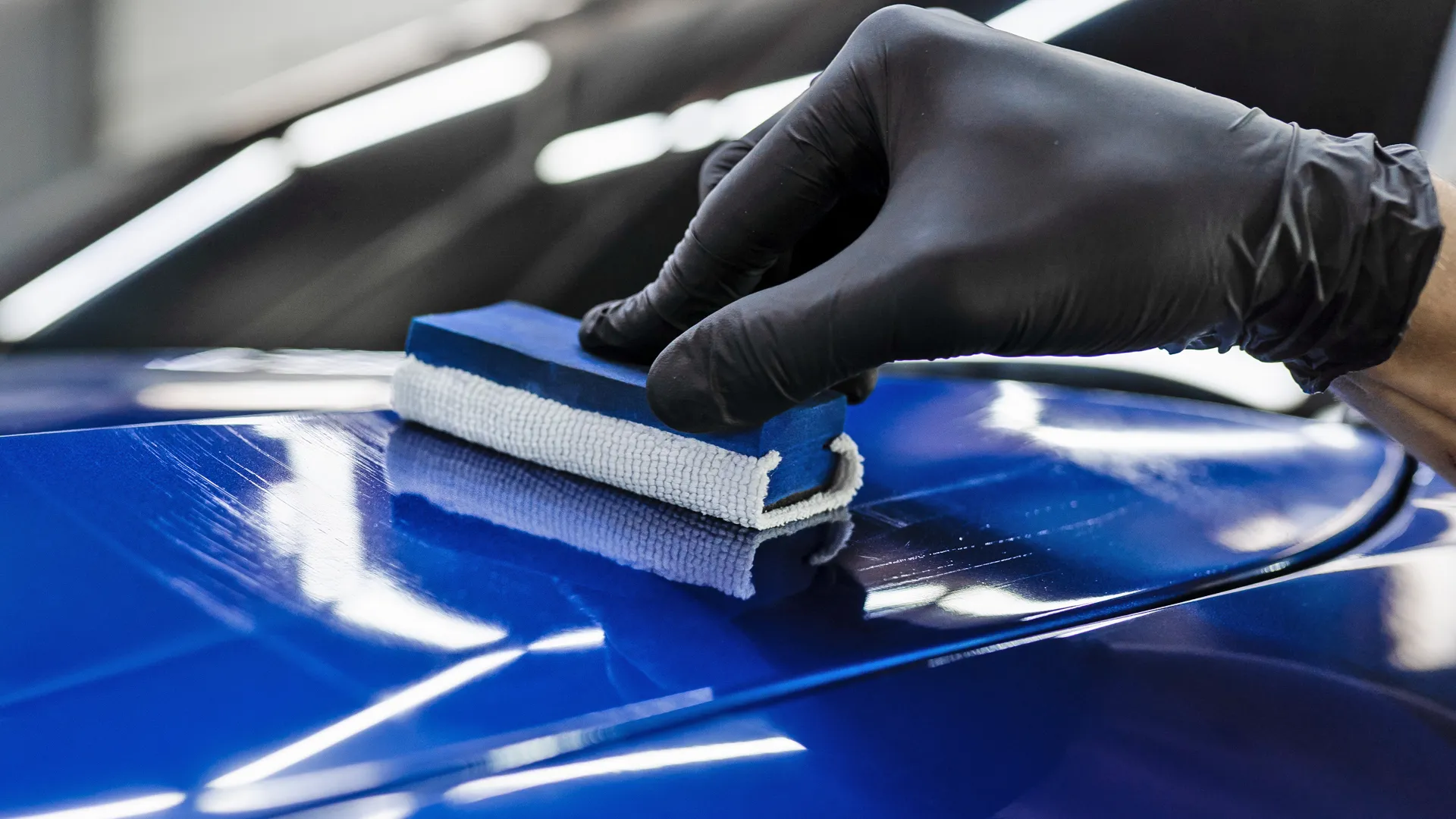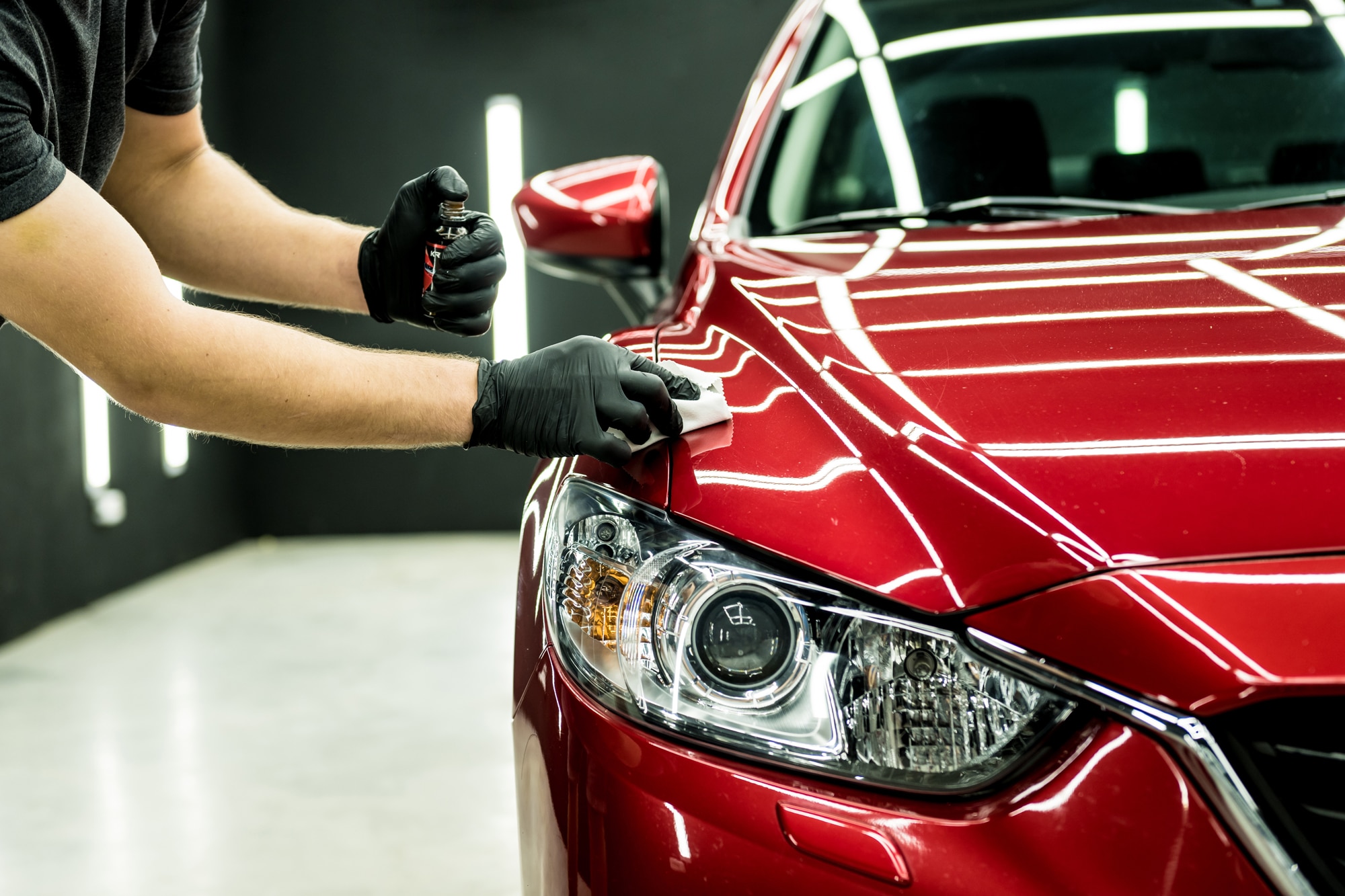Get high-quality ceramic coating Sarasota to safeguard your car’s paint.
Get high-quality ceramic coating Sarasota to safeguard your car’s paint.
Blog Article
A Comprehensive Guide to the Types of Ceramic Covering on the Market
Ceramic coverings have actually emerged as a pivotal solution throughout various industries due to their distinct properties and applications. As we discover the unique characteristics and applications of these finishings, the ramifications for efficiency and longevity end up being significantly obvious, elevating questions regarding which type may best match your needs.
Understanding Ceramic Coatings
Ceramic finishings are innovative protective services that have obtained popularity in numerous industries, particularly in automobile and aerospace applications. These coatings consist of a fluid polymer that, when healed, develops a sturdy, hydrophobic layer externally of the substrate. This layer offers boosted resistance to environmental contaminants, UV radiation, and chemical exposure, thereby expanding the life and aesthetic allure of the underlying material.
The essential part of ceramic layers is silica, which adds to their firmness and durability. The application process usually includes surface area prep work, application of the finishing, and curing, which can be achieved through warm or UV light. When cured, ceramic layers show exceptional bonding buildings, allowing them to stick strongly to a range of surfaces, including steels, plastics, and glass.
Along with their safety features, ceramic coatings likewise offer simplicity of maintenance. Their hydrophobic nature minimizes the adherence of dust and crud, making cleaning easier and less regular. In general, the adoption of ceramic coatings stands for a substantial development in surface area protection technology, supplying both useful and aesthetic advantages throughout numerous sectors.
Types of Ceramic Coatings
Various kinds of ceramic layers are readily available, each made to meet details performance demands and applications - Car Detailing. The most typical types consist of:
Silica-based Coatings: These layers largely are composed of silicon dioxide and are recognized for their resilience and chemical resistance. They are commonly used in automobile and industrial applications.
Titanium Dioxide Coatings: Popular for their photocatalytic residential or commercial properties, titanium dioxide finishes are typically applied in environments where self-cleaning and antifungal residential or commercial properties are desirable, such as in building products and automobile coatings.
Zirconia Coatings: Identified by their high-temperature security and thermal resistance, zirconia coatings are made use of in applications such as generator engines and high-performance auto elements.
Alumina Coatings: Showing exceptional firmness and thermal stability, alumina coverings are regularly utilized in wear-resistant applications, consisting of reducing devices and commercial machinery. - scratch repair sarasota
Crossbreed Coatings: Incorporating the homes of numerous products, hybrid finishes provide improved efficiency attributes, making them appropriate for distinct and requiring applications.
Each type of ceramic layer offers distinctive functions, permitting customers to select one of the most proper option based upon details environmental conditions and performance demands.
Benefits of Ceramic Coatings
Coatings play an essential role in enhancing the efficiency and durability of surfaces across numerous sectors. Ceramic finishes, in certain, deal numerous benefits that make them increasingly prominent this hyperlink amongst producers and consumers alike. One of the primary advantages is their remarkable durability. These finishes are immune to scratches, chemicals, and UV rays, guaranteeing that the underlying surface area remains secured over time.
In enhancement to durability, ceramic finishings supply superb hydrophobic residential properties, permitting easy cleaning and maintenance. This water-repellent nature lessens the adherence of dust, gunk, and other contaminants, which can prolong the visual charm and capability of the surface area. Ceramic coverings can significantly enhance thermal resistance, making them perfect for applications that withstand high temperature levels.

Application Process
When using ceramic coatings, a careful approach is important to achieve optimum results. The application procedure commonly begins with extensive surface preparation. This involves washing, decontaminating, and brightening the surface to remove all pollutants, including dust, oil, and prior waxes or sealers. A clean surface area makes certain appropriate adhesion of the layer.
As soon as the surface area is prepped, the next action is to apply the ceramic finishing. The finishing should be used in thin layers, as thicker applications can lead to irregular coatings.
After application, the finish requires a specific healing time, normally ranging from a few hours to a complete day, depending on the item. Complying with these actions diligently will take full advantage of the efficiency and longevity of the ceramic coating, offering a long lasting protective layer for the surface.
Upkeep and Longevity
To make sure the longevity and efficiency of a ceramic finishing, normal maintenance is essential. Ceramic coverings, understood for their resilience and safety high qualities, call for certain care regimens to optimize their life expectancy and performance. The primary step in maintenance entails regular cleaning with pH-neutral soap, staying clear of harsh chemicals that can deteriorate the finishing. It is advisable to clean the vehicle on a regular basis, ideally every two weeks, to avoid the build-up of contaminants that might endanger the coating's honesty.
Along with normal cleaning, periodic inspections are critical. visit here Try to find indicators of wear or damage, such as hydrophobic residential properties decreasing or surface imperfections. If necessary, a light polish might be used to invigorate the coating without removing it away.
Additionally, the application of a booster spray can improve the finish's hydrophobic effects and restore its gloss. This is particularly advantageous for finishes that have actually remained in use for an extensive period. Ultimately, by sticking to these maintenance techniques, one can significantly extend the life of a ceramic layer, making sure that it remains to offer important site optimum protection against ecological elements and preserve the aesthetic appeal of the automobile.
Final thought

Report this page